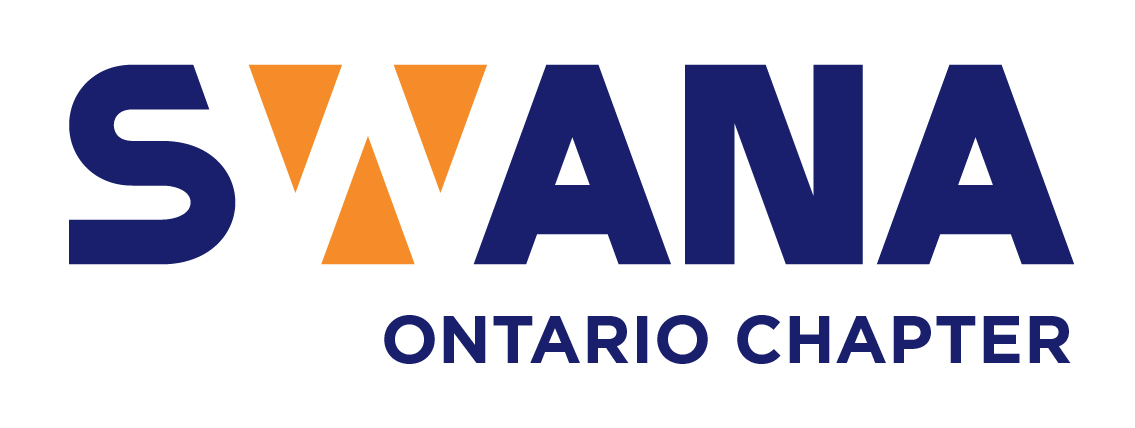Transfer Station Management
This is a certification course offering 30 CEUs with exam option
The Transfer Station Management (TSM) course addresses factors in planning, design, operation and management of a transfer station. You will learn how a well-planned, designed and operated transfer station provides advantages and flexibility to a waste management system. Discussion of how effective communication with the public and regulators helps mitigate challenges in planning and operating a transfer station, and how planning and design affect construction and operation.
SWANA offers Transfer Station Management as preparation for the Transfer Station Management certification exam and as a standalone course.
Course Objectives
After completing this course, learners should be able to:
- Understand and discuss the steps, factors, local requirements in site selection and development and conceptual design
- Describe site specific characteristics such as building design, peak flows, waste processing and hauling technologies
- Implement procedures in protecting transfer station property, identifying problematic waste and compliance requirements
- Minimize risk to personnel, maintain and properly use diverse equipment
- Understand regulatory compliance requirements and develop a comprehensive recordkeeping program are incorporated
- Employ proactive communication with employers, customers, and general public
Who Should Attend
Solid Waste directors/supervisors, Transfer Station managers, developers, and consulting engineers will benefit from this course.
Course Content
The course consists of lectures, discussion, class activities and exercises, and an optional facility tour. The text for the course, Transfer Stations Management, also serves as an on the job reference. The following topics with supplemental images, graphs, examples and exercises are included.
- Siting and Conceptual Design
- Large Transfer Station Design
- Small Transfer Stations and Convenience Centers
- Efficient Operation and Maintenance
- Equipment Operation and Maintenance
- Emergency and Contingency Plans
- Regulatory and Permit Compliance
- Environmental Concerns
- Health and Safety
- Record Keeping
- Communication

